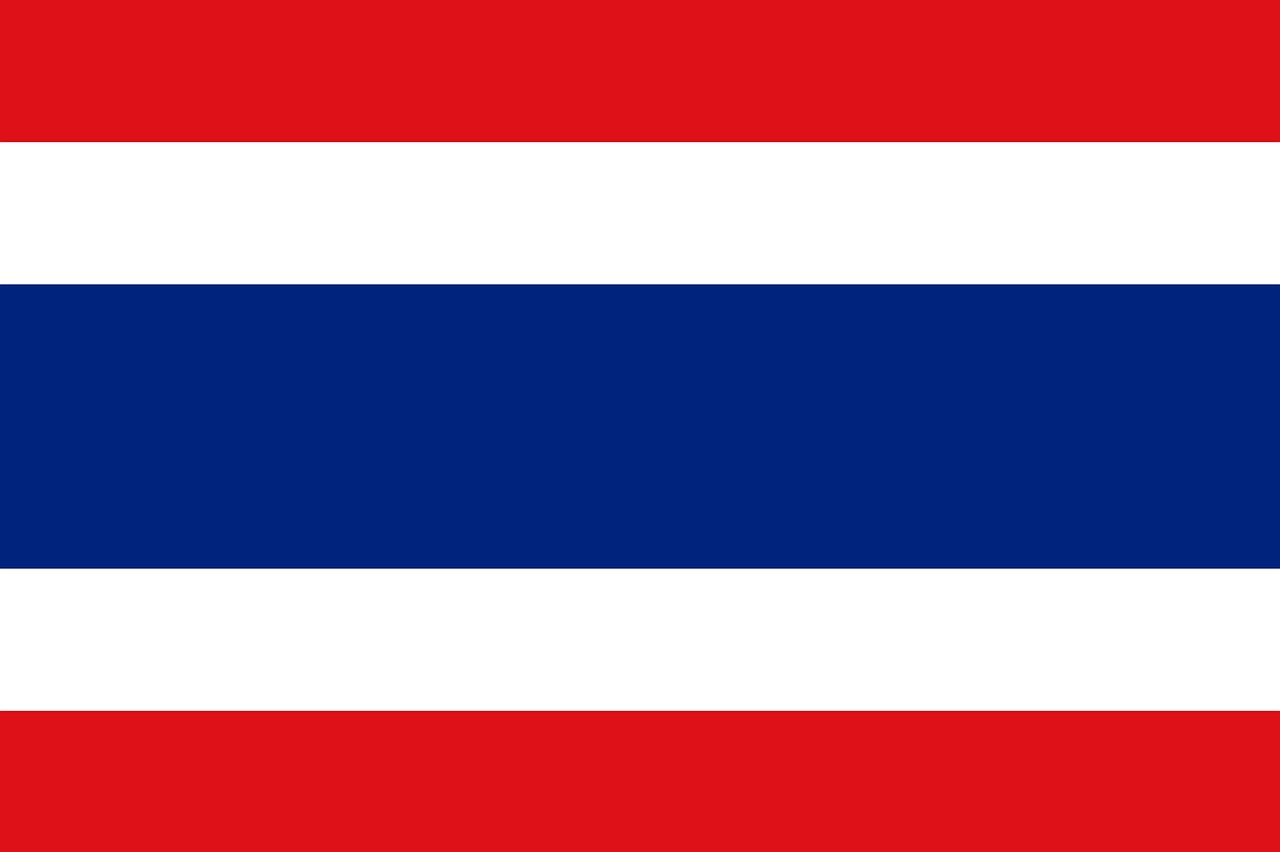The Department of Industrial Works (DIW) in Thailand recently announced a comprehensive review and assessment of the Hazardous Substances Act and its amendments. It primarily aims to ensure that the law adapts to social changes, minimizes legal overlaps and conflicts, and aligns with obligations under international treaties or conventions.

Since its implement in 1992, the Hazardous Substances Act has undergone three significant revisions aimed at enhancing the control of chemical substances and public safety protection. These revisions include compliance with the Chemical Weapons Convention, increased measures for public safety, and updated rules on the import, re-import, and export of hazardous substances.
Key Legal Measures Include:
- Establishment of a Hazardous Substances Committee: Responsible for proposing policies and management plans, overseeing, and evaluating the results of the units in charge of controlling hazardous substances.
- Categorization Management: Hazardous substances are classified into four categories, requiring registration or a permit before production, import, export, or possession.
- Standards and Supervision: Specifies the standards and methods for controlling, supervising, and managing hazardous substances, including quantity, composition, nature, packaging methods, inspection, and testing.
- Professional Requirements: Specifies that enterprises dealing with hazardous substances must have experts or designated personnel responsible for handling these materials.
- Registration and Licensing: Specifies the registration of hazardous substances, issuance of registration certificates, renewals, and exemptions from registration. Licenses are valid for no more than three years and can be amended as necessary.
- Penalties for Non-Compliance: Prohibits the production, import, export, or possession of counterfeit or substandard hazardous substances, requiring violators to destroy these products or surrender them to officials.
Implementation Issues and Challenges
Despite having a comprehensive legal framework, the implementation of the Hazardous Substances Act faces several challenges. These include ambiguities in legal provisions, overlapping responsibilities among multiple agencies, and difficulties in regulating online advertisements. Additionally, regulations concerning the packaging, transportation, and disposal of hazardous substances require further clarification and strengthening.
Assessment and Feedback Collection
The DIW has recently completed the collection of opinions from the public and relevant agencies and will begin the assessment. This evaluation will cover all activities related to the law since its implementation in 1992, ensuring its effectiveness and proposing necessary improvements.
Through this assessment, the Thai government hopes to further refine the law, better protect the public from the dangers of hazardous substances, and ensure that the legislation remains consistent with international standards.
If you need any assistance or have any questions, please get in touch with us via service@jianzaoshiwang.cn

